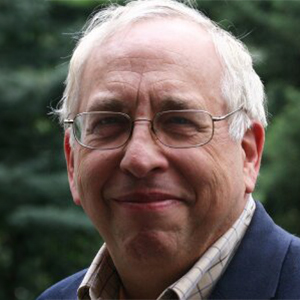Because the Earth’s climate is changing about ten times more rapidly than nature historically has, it is very difficult for human and natural systems to adapt to these changes. Adaptation and resiliency to the changing climate are therefore crucial to our future and to the sectors that define the human experience and the ecosystems across our planet.
Action for climate adaptation requires rigorous science in combination with technology aimed at robust decisions and policies. Datasets for the past and projections of the changing climate are needed at high enough spatial resolution and at sufficient accuracy to combine with analyses of the sectors to help prepare the right approaches and techniques for adaptation.

Existing global and regional climate modeling datasets largely too coarse to meet these needs. We are developing and applying new state-of-the-art climate change datasets for statistical and dynamical downscaling to these issues. Downscaling techniques, both statistical (using mathematical relationships to determine local climates) and regional climate models (using physical principles to determine local climates), can get to higher resolution, towards being able to better define local and regional impacts. The aim is to help decision making by much more accurately determining impacts, vulnerabilities, and risks over the coming decades as the climate changes, on humanity and on the many associated sectors. This presentation will examine the approaches in downscaling being used in our studies of climate adaptation and resiliency for various sectors of our society.
Donald Wuebbles is Emeritus Professor of Atmospheric Science at the University of Illinois, and Director of Climate Science for Earth Knowledge. He has served as assistant director with the Office of Science and Technology Policy for the White House. He is an expert in atmospheric physics and chemistry, with over 500 scientific publications. He has been a leader in many international and national scientific assessments. He has received the American Meteorological Society’ Cleveland Abbe Award, the U.S. EPA Stratospheric Ozone Protection Award, and the American Geophysical Union’ Bert Bolin Global Environmental Change Award. and is an elected fellow for three professional organizations.